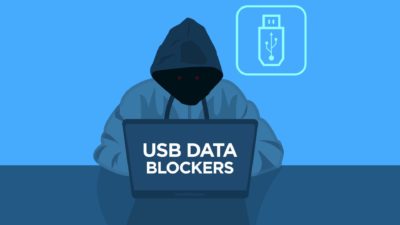A hacker attack on the Internet failed this week — but experts warn there could be more to come.
Three of the 13 computers that help direct all Internet traffic were hit with a flood of data requests Tuesday. Although it’s not yet clear where the torrent came from, it was most likely designed to overwhelm the computers, says Peter Reiher, a professor at UCLA’s engineering school.
Hackers commonly use this approach, called a denial of service attack (DOS), to cause computers to slow down or crash.
What Would Have Happened If The Internet Hacker Attack Was Successful?
If the Internet hacker attack had been successful, web traffic might have slowed to a crawl. But the technical groups that quietly run the Internet behind the scenes have built a system designed to reroute traffic during an attack. It appeared to have worked, since few users noticed any slowdown, says Edward Naughton, a Boston-based lawyer at Holland & Knight who specializes in Internet issues.
“It’s an indication that the system is well designed,” he says.
But that does not mean it is foolproof, says Avi Silberschatz, head of Yale‘s computer science department. In a worst-case scenario, the attack may have been a small-scale assault designed to test the vulnerability of the system, he says. The unknown hackers “may be thinking about something big,” he says. On the other hand, “It may have just been kids,” he says.

Hackers launch denial of service attacks by taking over thousands of everyday PCs that don’t have adequate anti-virus and other protections installed. Then they redirect all that computing power toward the targeted computer. It’s not difficult for someone with midlevel computer knowledge to do, Reiher says. That’s one reason denial of service attacks are so dangerous.
Who Is In Charge Of The Internet’s Safety?
No one organization is in charge of keeping the Internet safe and running smoothly.
A hodgepodge of technical groups runs the Net behind the scenes in partnership with governments and corporations. This arrangement is not without controversy. Several key governance groups, including the Marina del Rey, Calif.-based Internet Corp. for Assigned Names and Numbers, have ties to the U.S. government. The relationships are linked to the Internet’s roots as a Defense Department-funded university research project.
At a United Nations conference in October, many other countries called for more worldwide involvement in Internet governance. So did Yoshio Utsumi, a U.N. telecommunications official.
But this week’s unsuccessful attack is an indication that the current administration is keeping the Internet working well, Naughton says. “We weren’t just lucky,” he says.

Frank Wilson is a retired teacher with over 30 years of combined experience in the education, small business technology, and real estate business. He now blogs as a hobby and spends most days tinkering with old computers. Wilson is passionate about tech, enjoys fishing, and loves drinking beer.

















 Law & Order SVU Valentine’s Day Cards
Law & Order SVU Valentine’s Day Cards